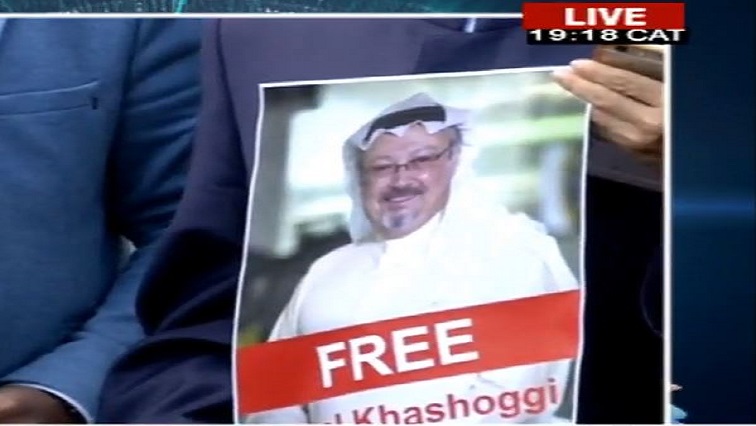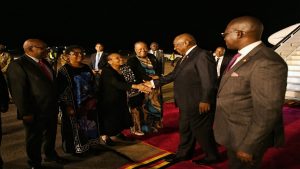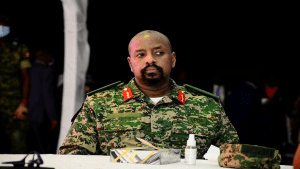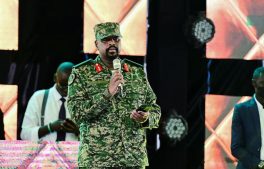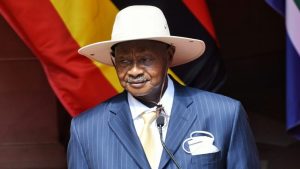South Africa is set to commemorating Black Wednesday – the day in October 1977 when then Minister of Justice Jimmy Kruger ordered the arrest of editors and banned The World, Weekend World and the church publication Pro Veritate, journalists around the world continue to be attacked and killed on the job.
This week, the world awaits the response from the Saudi Embassy in Turkey on the whereabouts of journalist Jamal Khashoggi. He is now feared dead.
A month after Black Consciousness leader Steve Biko was murdered in detention in 1977, on the 19th of October the Minister of Justice banned 19 Black Consciousness organisations.
Writers Joe Thloloe, Mathatha Tsedu and Don Mattera were detained. They were tortured in prison, and on their release they were slapped with five-year banning orders
Fast forward to 2018 and the world is still grappling with the abuse of rights of journalists. Some of them met on the sidelines of the UN General Assembly in New York in September.
Robert Mahoney is with the committee to protect journalists.
“The bulk of journalists that are killed are not covering wars; they’re targeted because of their reporting; they are murdered because they are usually reporting politics and uncovering corruption; upsetting the rich and powerful, and this has implications for democracy. It affects every continent, “says Mahoney.
A few days after this gathering Jamal Khashoggi entered the Saudi Arabian consulate in Istanbul to complete paperwork.
He was a columnist for The Washington Post and a former Editor-in-Chief of the Saudi newspaper Al-Watan who wrote critically about Saudi Arabia and Crown Prince Mohammad bin Salman.
He has not been seen since. Khashoggi had been living in self-imposed exile in the US since 2017.
Meanwhile, on the continent, Ugandan police detain and destroy equipment belonging to journalists who cover popular opposition MP Bobi Wine who is a fierce critic of President Yoweri Museveni.
Robert Ssempal is with the Human Rights Network for Journalists in Uganda. He says, “The other challenge is the fear that media is operating into, there is a lot of self-censorship because of fear of reprisal, the regulatory body the Uganda communications commission issues threats, some people are not allowed to host some people including bobby wine.”
However, President Museveni has a different view. “Those who give the impression that there is problem here are liars. There media freedom is too much freedom. It is anarchy, and in South Africa you are more self-regulating,” says Museveni.
After the Sunday Times this week acknowledged publishing false reports on allegations into police killings in Cato Manor in Durban, the Sars Rogue Unit and the illegal deportation of Zimbabweans.
South African media will have to work hard to defend the trust it has built over the years. But around the world the Committee to Protect Journalists says nearly 2,000 on-duty journalists and media workers have been killed while doing their work since 1992.
Watch related videos below:


